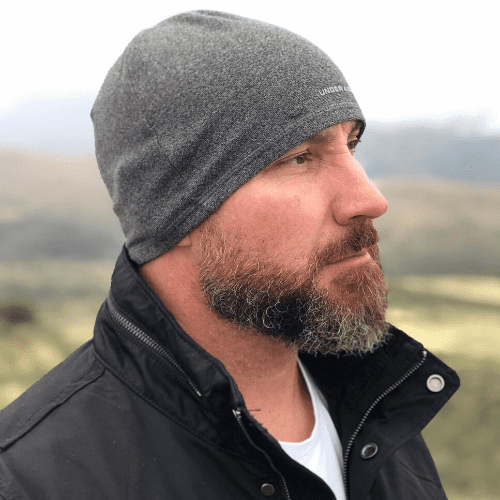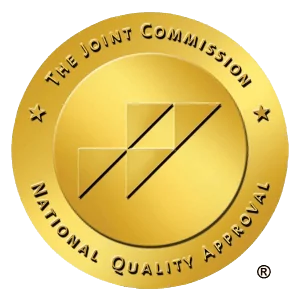There are no two ways about it: love is one of the strongest forces in the world. It can often be intertwined with lasting happiness in life and is, without a doubt, one of the most special things we can give and receive in our short time on Earth. Love plays such a central role in most people’s lives that it can even be common for people to think that love is the solution to their problems. While it is possible that love can solve some problems, it’s important to know that when it comes to recovery from addiction, love is not enough.
Sometimes parents will think that having a child or focusing their attention on loving the child they’re raising will help them to get sober. While it’s true that parenting a child is a massive change that can lead you to reprioritize your life, the tendrils of addiction can be deep and insidious. It’s exceedingly rare for external changes in one’s circumstances to excise the addiction by the roots. It may be difficult to accept, but there are significant chances that having or raising a child without addressing your addiction head-on could lead to relapse, destructive family dynamics, and even losing your children.
Addiction Isn’t Just an Emotional Issue
It is common for a parent to think that if they can love their child enough or in the right way, their love will prevent them from using drugs or alcohol. If a parent knows their child is struggling with addiction, they may be tempted to think that the best thing to do is to love and support their child as hard as possible and that their positive influence will sway their child towards healthier habits.
Unfortunately, addiction isn’t a logical problem or even an emotional problem. The strongest love in the world cannot by itself undo the psychological damage and unhealthy reinforcements of a progressing addiction. By the time a parent realizes that their love isn’t enough to break their child out of addiction, things may have reached a much more dangerous point that could have been avoided if the parent had taken action immediately–even if that action may have pain them at first.
How “Treating With Love” Can Make Things Worse
Others still may seek solace in their intimate relationships. Pouring effort and energy into a romantic partner may seem a good way to ground yourself and hold fast to your resolution to sobriety. Still, ultimately these approaches tend to fail to prevent relapse. Again, unless addiction is addressed as a unique problem, attempting to address it subtly or using emotional tactics will only allow it to grow and worsen until its poison touches everybody close to the one suffering from it.
All this is not to imply that love isn’t important. Your friends and family’s care and support will be a major positive component in your recovery. Love, however well-meaning, is not a substitute for treatment and recovery work. As we’ve discussed, using love to address addiction is not only ineffective at preventing worsening habits but can cause harm to the person suffering from addiction and the people around them. All that “treating with love” accomplishes is sowing pain and doubt into the heart of the person trying to help, as they’re forced to ask whether they love the person “the wrong way” or somehow making things worse.
The Only Way Out Is Through
The only effective way to tackle the painful core of addiction is to do it head-on. The more you love someone, the more you may be tempted to sugarcoat your interactions with them surrounding their addiction. You may not want to upset them or be seen as the bad guy. It’s critical to understand that the longer you put off facing the core of the problem, the more time you’re affording the addiction to wind deeper into your loved one. Acting swiftly is the best thing you can do, and once the addiction is a shadow in your loved one’s past, chances are that they will thank you for stepping in when you sensed danger.
Taking a stand against your loved one’s addiction is a scary, uncertain time. By acting in their best interest, you are truly giving them the best form of love and support you have to offer–an investment in a better future.
Addiction is too strong to be beaten by love and support alone. Recovery can take an external commitment to change, professional guidance, and a larger support system of peers and mentors. As a close friend, family, or romantic partner of someone suffering from addiction, you play a crucial role in their recovery because they trust you to have their best interests at heart. One of the most helpful things you can do for your loved one is to help them move toward treatment and long-term recovery. At Cornerstone Healing Center in Scottsdale, Arizona, we know the power that the love and support of friends and family can have. Our trained professionals work with you, and your loved ones work together to beat their addiction and learn to live a life of love and peace. Find out more about how we’ll help you help your loved ones take this important step as effectively and successfully as possible. Call us at 800-643-2108 to learn more.






